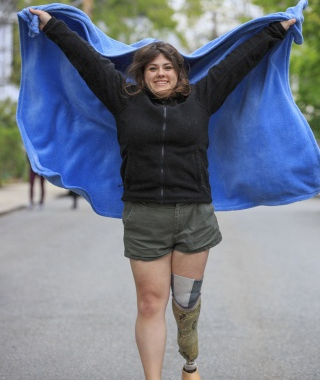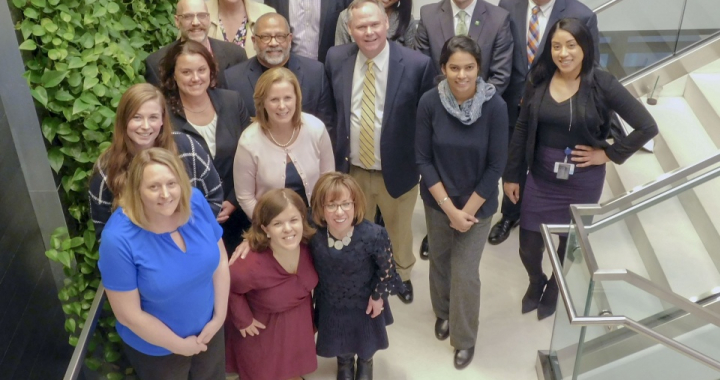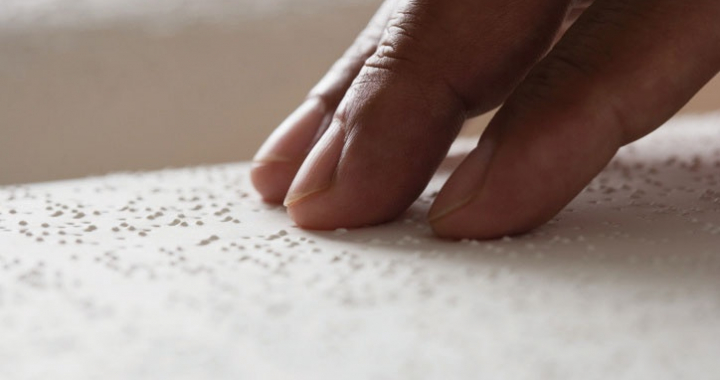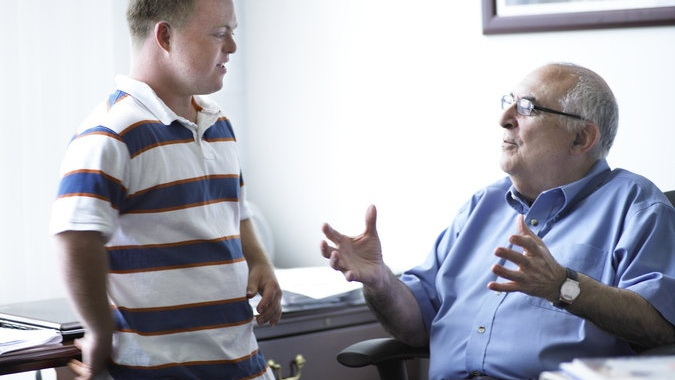In 2010, Work Without Limits (WWL) created the Business to Business (B2B) Network to provide information and resources to employers interested in successfully employing people with disabilities. In 2014, the US Business Leadership Network (USBLN) recognized the significant impact WWL was making in the disability employment space and invited WWL and the B2B Network to become the official MA affiliate of the USBLN, known as the Massachusetts Business Leadership Network (MABLN). Membership in the MABLN is a very important and valuable benefit of all employers’ sponsorship of WWL.
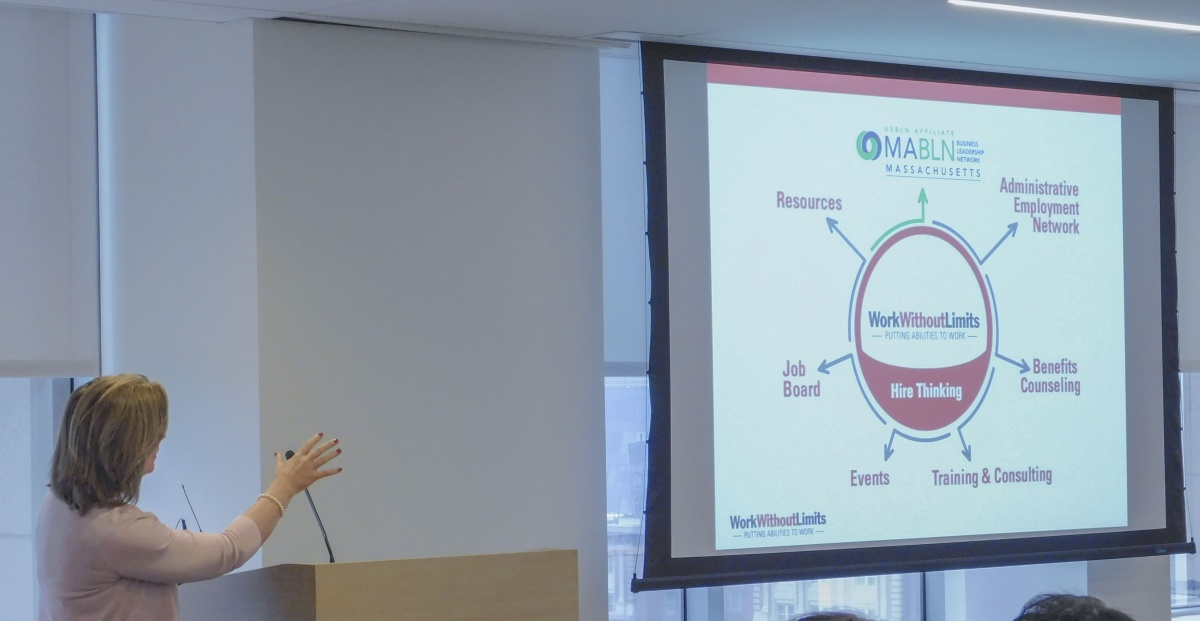
Photos By Jessica Lappin of Jessica Lappin Design
The MABLN is vital in maintaining contact among WWL sponsors in support of our collective goal of increasing the employment of people with disabilities so that it is equal to those without disabilities. MABLN members are private and public sector employers that are committed to diversity and inclusion, specifically the inclusion of persons with disabilities in their companies as employees, customers, and suppliers.
WWL facilitates regular MABLN meetings and webinars for members to share leading best practices to attract, recruit and retain employees with disabilities, market to and service customers with disabilities, include disability-owned businesses in company supply chains, and more. Semi-annually, in April and September, the MABLN meets in-person at one of our gracious host companies to continue the conversation around disability employment and to connect personally and expand professional networks.

Photos By Jessica Lappin of Jessica Lappin Design
This month’s meeting was hosted by MABLN member Laura Stout, Director of Contract Operations at Blue Cross Blue Shield of Massachusetts (BCBSMA). Stephanie Browne, BCBSMA Vice President of Talent Acquisition, Diversity & Inclusion opened the meeting with a warm welcome saying, “We are excited to host today’s MABLN meeting and have the USBLN, a leading advocate for disability communities, with us. We have been partnering with Work Without Limits through our Empowering Abilities ERG led by Laura Stout, Pat Vogt, Ted Burke and Lee Steingisser, for many years. Through that relationship, we have helped to drive a culture that is inclusive and supportive of all associates regardless of their abilities here at Blue Cross. Specifically, our partnership has helped progress our 4C’s (career, culture, community, commerce) diversity & inclusion strategy that connects the work we do in D&I to our company’s organizational business goals and objectives.”
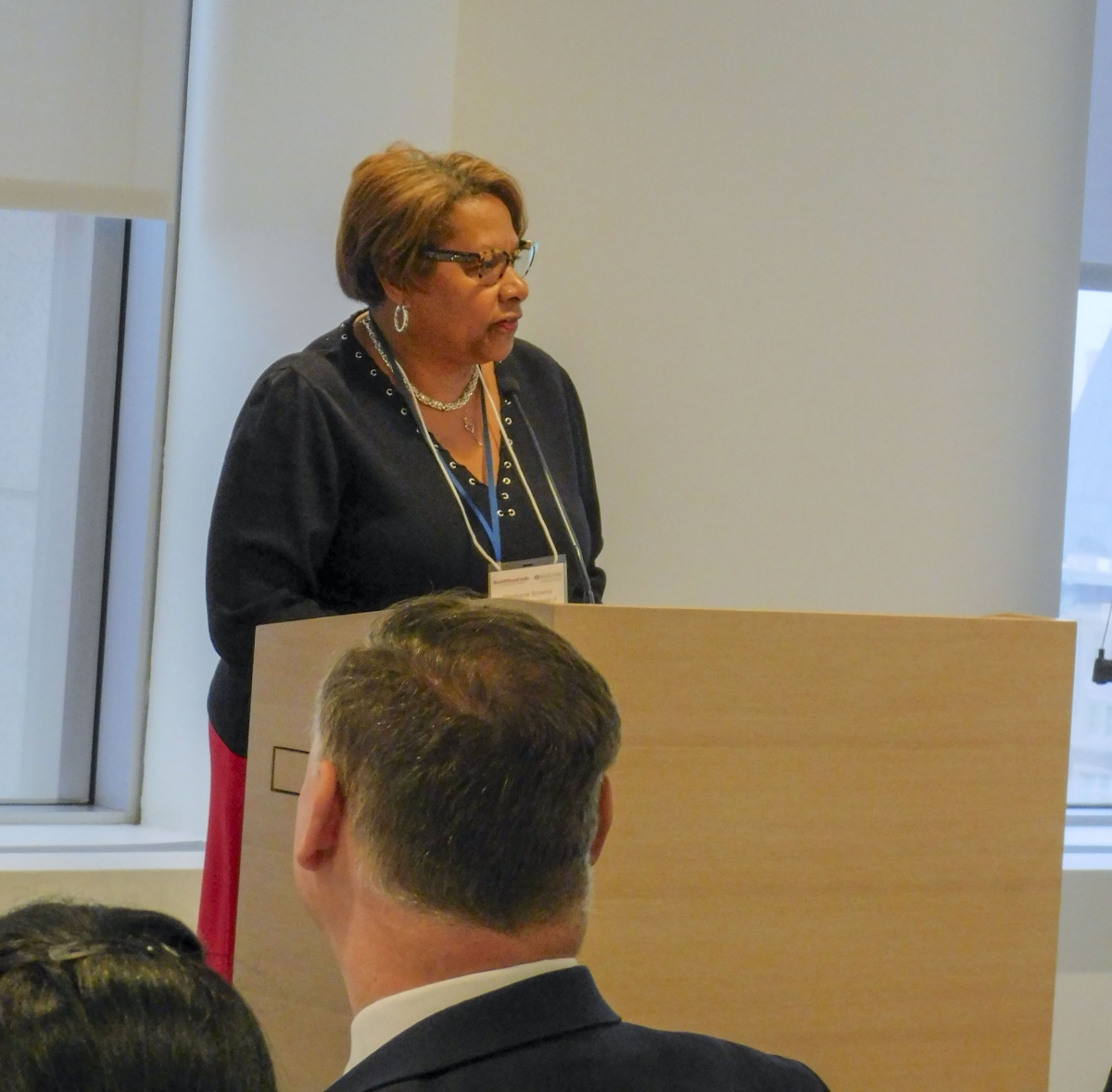

Photos By Jessica Lappin of Jessica Lappin Design
The meeting began with recognizing WWL’s 5 Year Sponsors for their dedication to WWL and the MABLN and especially their commitment to recruiting, hiring, and retaining people with disabilities in the workforce. Thank you to BCBSMA, Eastern Bank, Harvard Pilgrim Health Care, John Hancock, MAPFRE Insurance, MIT Sloan Executive Education, National Grid, State Street, TD Bank, TJX Companies, and University of Massachusetts Medical School. It is amazing the growth these companies have made around disability inclusion in the workforce in just 5 short years.
We were incredibly honored to welcome Becky Curran from the USBLN as our keynote speaker. Becky touched on her personal story as a person with physical differences struggling to find employment. She also spoke about the Disability Equality Index (DEI); the USBLN’s annual disability inclusion benchmarking tool. MABLN members were captivated as Becky overviewed the DEI’s results – areas companies are excelling at in terms of disability inclusion, areas that are showing improvement, and areas that are in need of significant improvement. Becky also spoke about the Disability Supplier Diversity Program (DSDP), which is the leading third-party certifier of disability owned businesses (DOBEs) and a way in which employers in the network can become more actively engaged in expanding their disability supplier involvement and footprint.

Photos By Jessica Lappin of Jessica Lappin Design
Laura Stout of BCBSMA led panelists John Morrell of TD Bank, Carrie Mota of MAPFRE Insuranceand Colleen Moran of Spaulding Rehabilitation Network in a discussion highlighting the importance of providing disability inclusion training to all levels of employees as a best practice. Training themes these companies have offered include general and broad reaching topics such as disability awareness and etiquette. Other, more targeted audience trainings have included interviewing and conducting performance discussions with individuals with disabilities. All of the panelists reinforced how valuable employee training is at all levels to fight stigma, raise awareness, and effect inclusive change as part of an overall diversity strategy. This panel inspired many great ideas to deeper inclusion for people with disabilities in the workplace that reached beyond training. Educational sustainability such as implementing disability employee resource groups, reviewing job descriptions for inclusive language and skill based behavior, and including disability inclusion as part of new employee orientation programs was a key part of the discussion.


Photos By Jessica Lappin of Jessica Lappin Design
We are very grateful for all our sponsors and we are excited about what the future holds as employment rates among people with disabilities continues to climb!

In order to achieve your company’s
diversity goals like any of those
listed above, please contact us
to become a member of the MABLN.








